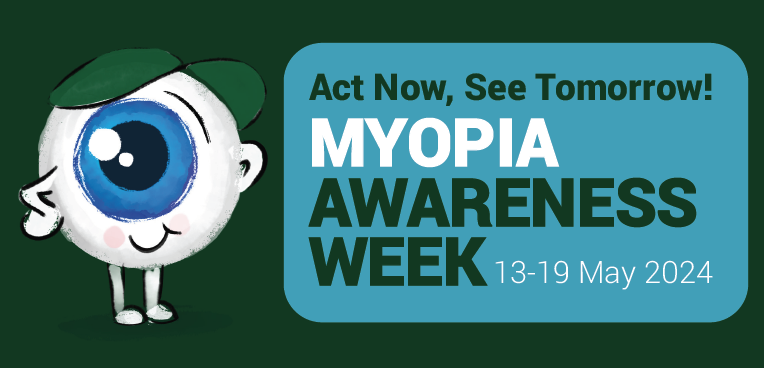Convened by World Health Organization Regional Office for the Western Pacific, International Agency for the Prevention of Blindness and the Brien Holden Vision Institute, Singapore, 2018.
Following the landmark joint ‘Global Scientific Meeting on Myopia’ of the World Health Organization and the Brien Holden Vision Institute in 2015, a follow-up WHO Regional Office for Western Pacific/International Agency for the Prevention of Blindness/Brien Holden Vision Institute meeting was held in Singapore on 13-14 November 2018.
The objective of the meeting was to move from science to practice by addressing prevention, detection and the management of myopia. Representatives from the countries in the Western Pacific Region participated in the session along with representatives from the WHO and IAPB as well as subject experts in myopia.
After 2 days of presentations and discussions, a number of recommendations were made for Member States, NGOs and WHO.
Member States are encouraged to consider the following:
- Recognize myopia as an emerging problem in urban areas
- Improve quantity and quality of national surveys/data collection on refractive errors
- Train more refractionists, community optometrists, and teachers in rural/underserved communities to provide services
- Refine curricula in school health programmes to include extended outdoor time
- Effect policy changes around integration of eye health within school health programmes, including training of teachers for vision checks
- Address myopia as public health issue, with high myopia given even higher priority
- Carry out studies to support the assertion that increased outdoor activities will not compromise academic performance
- Push for development of treatments approved by international experts
- Review presenting visual impairment data, and not just corrected vision, to better illustrate this disability-causing problem
NGOs are encouraged to:
- Support countries to develop and implement sustainable eye care models
- Take a proactive approach in educating about the health implications of high myopia
- Support countries that have vast regions and limited resources to access rural children
- Provide advocacy in a manner sympathetic to the language around myopia within-country to maximize communication and education
- Convene meetings to assist in advocacy
- Continue reporting on world vision
WHO is requested to:
- List spectacles as a medical device and work with Member States to inform governments and ministries of the medical necessity of spectacles
- Provide Member States a summary of current evidence in myopia onset, prevalence and progression, that can be used to develop national strategies
- Support the development of guidelines and procedures for myopia prevention and treatments that Member States can follow
- Work with NGOs to educate communities and teachers about the dangers of high myopia
For more information, please refer to the WHO Report.


